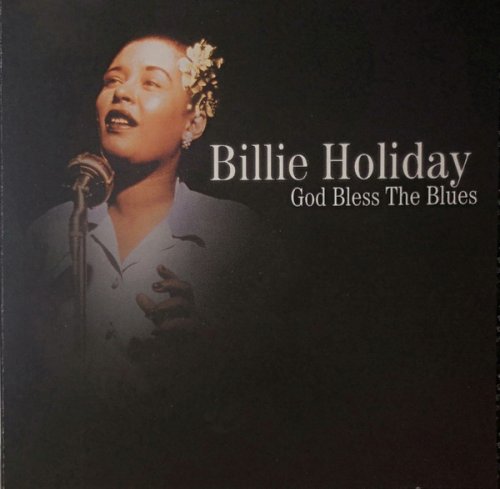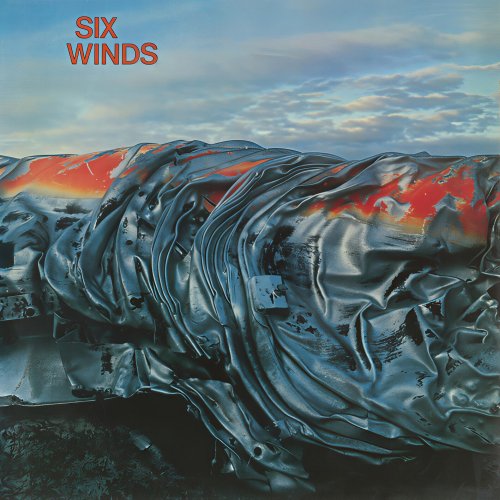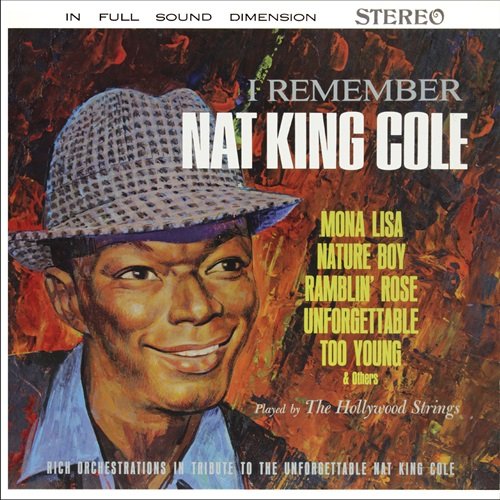Berlin Friday Academy - Janitsch: Church Sonatas (2022) [Hi-Res]
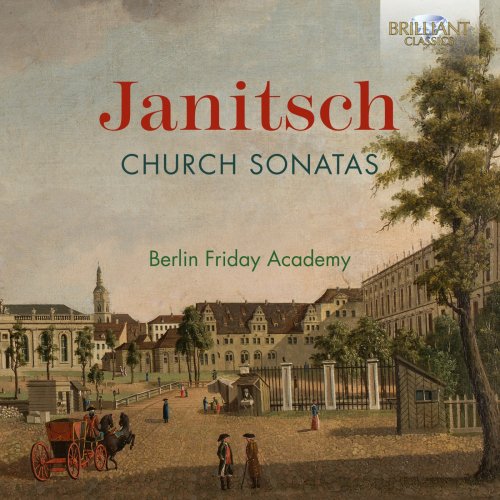
Artist: Berlin Friday Academy
Title: Janitsch: Church Sonatas
Year Of Release: 2022
Label: Brilliant Classics
Genre: Classical
Quality: flac lossless (tracks) / flac 24bits - 48.0kHz +Booklet
Total Time: 01:04:26
Total Size: 375 / 727 mb
WebSite: Album Preview
TracklistTitle: Janitsch: Church Sonatas
Year Of Release: 2022
Label: Brilliant Classics
Genre: Classical
Quality: flac lossless (tracks) / flac 24bits - 48.0kHz +Booklet
Total Time: 01:04:26
Total Size: 375 / 727 mb
WebSite: Album Preview
01. Sonata da chiesa in E Minor: I. Affetuoso
02. Sonata da chiesa in E Minor: II. Alla breve
03. Sonata da chiesa in E Minor: III. Grave
04. Sonata da chiesa in E Minor: IV. Vivace
05. Sonata da chiesa in B-Flat Major: I. Poco largo e cantabile
06. Sonata da chiesa in B-Flat Major: II. Alla breve
07. Sonata da chiesa in B-Flat Major: III. Lento
08. Sonata da chiesa in B-Flat Major: IV. Vivace
09. Sonata da chiesa in G Minor: I. Largo
10. Sonata da chiesa in G Minor: II. Allegro assai
11. Sonata da chiesa in G Minor: III. Allegro
12. Sonata da chiesa in B-Flat Minor: I. Largo
13. Sonata da chiesa in B-Flat Minor: II. Alla breve
14. Sonata da chiesa in B-Flat Minor: III. Lento e cantabile
15. Sonata da chiesa in B-Flat Minor: IV. Vivace
16. Sonata da chiesa in A Major: I. Adagio
17. Sonata da chiesa in A Major: II. Allegro
18. Sonata da chiesa in A Major: III. Andante
19. Sonata da chiesa in A Major: IV. Allegretto
Elegant and beguiling chamber music from the court of Frederick the Great in new, historically informed recordings.
Born in what is now the Polish city of Ðwidniz, Janitsch entered the service of the future King Frederick in 1736 and became a bassist in the king’s opera orchestra. He composed wedding music for Princess Wilhelmine, one of the king’s sisters – and the keyboard instrument heard on this recording is a historic organ that once belonged to another of his sisters, Princess Anna Amalie. Today we associate organs with church music, but small instruments were often used for domestic music making in well-appointed 18th-century households, and Janitsch specified the use of organ for the basso continuo part in his “church” sonatas, as in the present recording.
These five sonate da chiesa were not necessarily designed for performance in church, but the designation distinguishes them from ‘sonate da camera’, and indicates a formal structure of a slow introductory movement prefacing a lively fugue, followed by a solemn slow movement and contrasting finale. Janitsch took the examples by Corelli as a model, but gave them the kind of north-German twist in the new stile galante which is shared with the music of better known contemporaries at Frederick’s court such as Quantz and CPE Bach.
This repertoire is familiar ground for the Berlin Friday Academy, a Berlin based ensemble of young ‘period’ musicians from around the world striving to bring about beauty through the performance, recording, and scholarly discussion of eighteenth-century music.
With bold phrasing and the widest possible spectrum of instrumental colour, their aim is to push the boundaries of current performing practice techniques, and provide a fresh insight into the soundworld of Frederician Berlin.
Johann Gottlieb Janitsch (1708-1763) was born in Schweidnitz, Silesia (today Poland). His special inclination towards music led him to undertake a brief period of study in Breslau (today Wrocław) with the court musicians who were under the employment of the Archbishop of Breslau. In 1733 Janitsch moved to Berlin where the then Crown Prince, Frederick offered him a position as a double bass player. With the permission of the Crown Prince, he founded the circle "Freitagsakademien" (Friday academies), in which music was performed by professional and amateur musicians alike. From 1740, when Frederick ascended to the Prussian throne, Janitsch's position as double bass player was transferred to the newly founded Berlin Court Orchestra. The Friday academies continued in Berlin in his home in the form of weekly concerts open to the public.
Janitsch's compositional style is typical of the galant and the empfindsamer Stil of the first half of the 18th century, combining attractive melodic writing with disciplined compositional craft. The Church Sonatas, written for 2 violins or violin and oboe plus basso continuo, mingle echoes of Corelli’s Baroque style with the galant or pre-Classical manner of Janitsch’s age.
The Berlin Friday Academy is a Berlin-based ensemble made up of young players from around the world – a group of passionate, historically-inspired musicians striving to bring about beauty through the performance, recording, and scholarly discussion of eighteenth-century music.
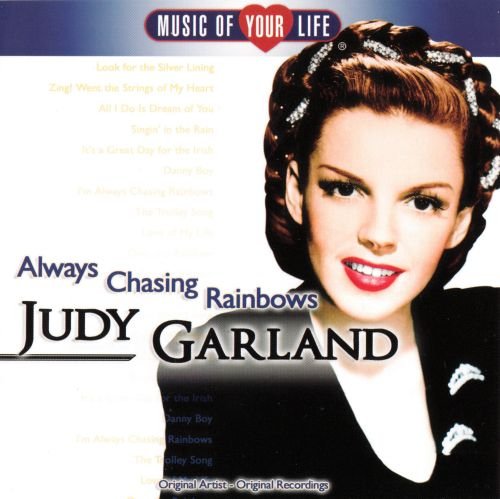
![Tomasz Zyrmont Quartet - London Manifest (2026) [Hi-Res] Tomasz Zyrmont Quartet - London Manifest (2026) [Hi-Res]](https://www.dibpic.com/uploads/posts/2026-01/1769077156_img-20260102-wa0002.jpg)
![The Bassface Swing Trio - Bossa, Ballads and Blues (2021) [DSD] The Bassface Swing Trio - Bossa, Ballads and Blues (2021) [DSD]](https://www.dibpic.com/uploads/posts/2026-01/1769359431_folder.jpg)
![VA - Das Stereo Phono-Festival Vol.1 (2015) [SACD] VA - Das Stereo Phono-Festival Vol.1 (2015) [SACD]](https://www.dibpic.com/uploads/posts/2026-01/1769012469_folder.jpg)
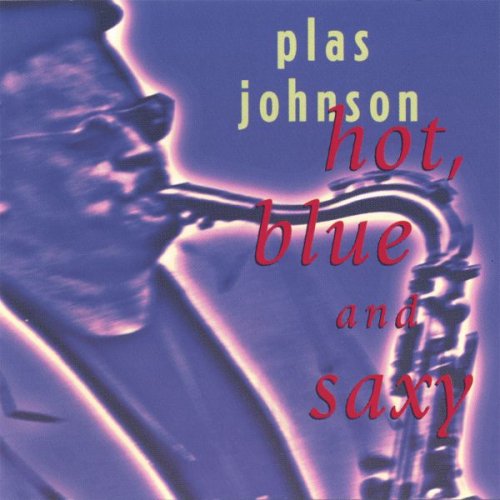
![Celestial Planes - Objet Perdu (2025) [Hi-Res] Celestial Planes - Objet Perdu (2025) [Hi-Res]](https://www.dibpic.com/uploads/posts/2026-01/1769096532_cover.jpg)
